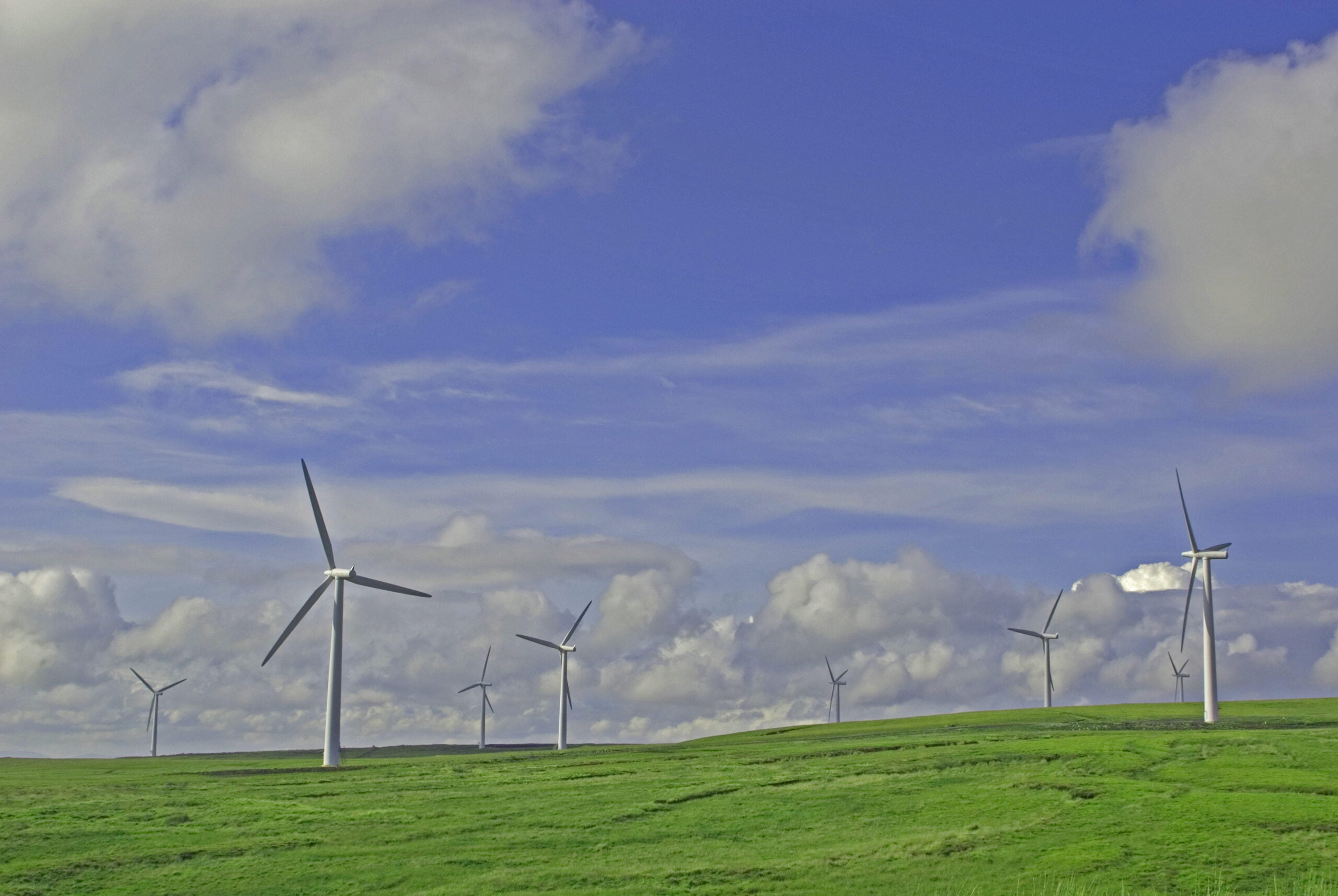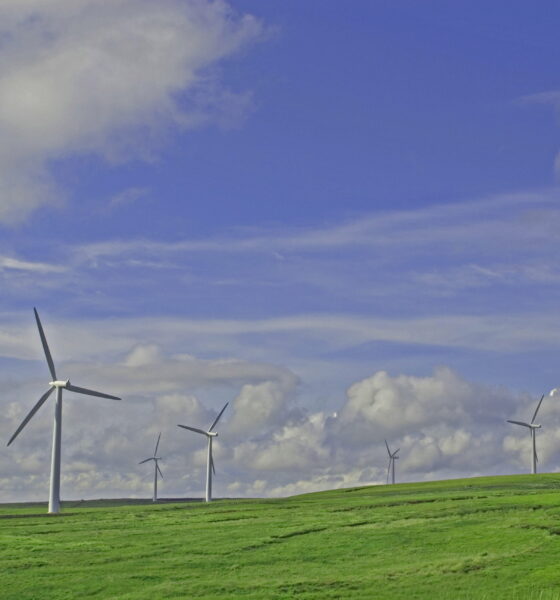

Energy
Government taskforce outlines plan to up community renewables investment
The government’s shared ownership taskforce has set out draft proposals to improve community investment in renewable projects and make this approach the norm by 2015.
The taskforce is made up of representatives from the renewables industry, such as the Renewable Energy Association (REA) and the Solar Trade Association (STA), and the community energy sector. It aims to encourage shared ownership of new, commercial onshore renewables.
The taskforce responds to government expectations that by 2015, it “will be the norm for communities to be offered the opportunity of some level of ownership of new, commercially developed onshore renewables projects”. The progress made will be assessed next year and if it has been limited the government will consider requiring all developers to offer the opportunity of a shared ownership element to communities.
Incorporating communities can benefit a renewables project as it gives the local people a stake. As a result, this can improve engagement and reduce opposition, making the planning and development processes easier.
The proposals, which aim to increase community involvement without out raising costs to developers, sets out three models that could potentially be used and offer different levels of involvement.
The first model involves a community enterprise buying a portion of the developer’s physical assets, such as wind turbines or solar panels. The second would see a community enterprise buy the rights to a future virtual revenue stream, calculated as a specified portion of the output of an energy production plant.
The final model is a joint venture, in which a commercial operator and a community enterprise work together to create a joint venture to develop, own and manage a project.
The taskforce also acknowledges that developers can choose to offer the opportunity of investment directly to individuals. The use of crowdfunding platforms has become a popular way to do this.
Nina Skorupska, chief executive of REA, said, “Share ownership of renewable energy projects is beginning to take shape. We are working hard to ensure shared ownership is mutually beneficial for developers and communities.
“Renewable energy help reduce the twin risks of climate change and energy dependence. Share ownership enables local people to do their bit for sustainable energy while generating tangible social and financial benefits for themselves and their neighbours.”
Cutting carbon emissions and transitioning to a low-carbon economy has gradually been moving up the government and public’s agenda, as more research and understanding about climate change impact have become apparent. The issue of energy dependency has recently been heighted, as tensions between Russia, Ukraine and the rest of Europe have been growing.
It is hoped that communities, as well as developers, will also make use of the shared ownership taskforce’s report. The group suggests that communities should start to consider what type of involvement they would want in future projects.
Gaynor Hartnell, community engagement adviser at REA, explained, “I’d like to see this report used by community groups as well as project developers. Communities should see renewables as an opportunity and mobilise themselves so that they can respond effectively to developers’ proposals.”
Photo: br0 via Freeimages
Further reading:
Excitement around ‘transitioning’ US community investment sector
£300m invested in independent renewable energy projects in 2013
Scotland’s renewable energy success continues with new community hydroelectric plant


 Features11 months ago
Features11 months agoEco-Friendly Cryptocurrencies: Sustainable Investment Choices

 Energy11 months ago
Energy11 months agoThe Growing Role of Solar Panels in Ireland’s Energy Future

 Energy10 months ago
Energy10 months agoGrowth of Solar Power in Dublin: A Sustainable Revolution

 Energy10 months ago
Energy10 months agoRenewable Energy Adoption Can Combat Climate Change





























